Commerce Protection and the Navy’s Raison D’être
America, as a maritime nation, has always needed a navy to protect our interests across the seas
Anthony PeeblerDecember 19, 2023
Thomas Paine’s Enduring Wisdom
Thomas Paine was an inspiration to the founders and still has lessons for today
James RowellAugust 8, 2023
The Chaplaincy: a Public Role of Christianity in the United States
Reclaiming chaplains who understand themselves first as chaplains, and not merely as decorative functionaries would be one way of retrieving Christianity in the public square.
Miles SmithNovember 28, 2022
Flawed Historical Narratives about American Figures Color Our Pursuit of Justice
Renewed debates over history reveal the narratives that conservatives and progressives employ to justify or decry American history. One narrative insists on lionizing historical figures, the other on demonizing them—yet both distract from the ongoing pursuit of the American ideals of justice, liberty, and equality.
Grayson LogueSeptember 21, 2020
The National Popular Vote: A Dangerous Popularity Contest
It’s worth noting here that the “anachronistic” system the Founding Fathers crafted in the eighteenth century—based on the will and procedures of semi-sovereign states—serves as an extra layer of protection against twenty-first-century threats.
Alan DowdJune 10, 2019
Why Should Christians Support International Religious Freedom?
The most profound and powerful reasons for religious freedom are Christian reasons, and they extend not only to Christians but to all people. In my view this means that there is also a deep theological warrant for international religious freedom.
Thomas FarrJune 5, 2019
A Christian Case for Humanitarian Intervention
In the ceaseless struggle between civilization and barbarism, America has tipped the scales toward civilization, toward freedom and justice. In many ways, it has organized its national life—its economic, military, and moral resources—toward this end. Are we still up to the task?
Joseph LoconteApril 23, 2019
Does Liberalism Have a Future?
Today we see forces against liberalism at home and abroad. We need statesmen who understand liberalism and who can make the case for limited, representative, and accountable government.
Paul D. MillerAugust 29, 2018
How Many Declarations Does It Take to Secure Religious Freedom?
After centuries of declarations upholding the importance of religious freedom, why are we still issuing declarations?
Erin RodewaldAugust 6, 2018

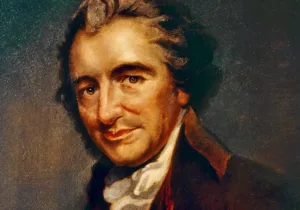


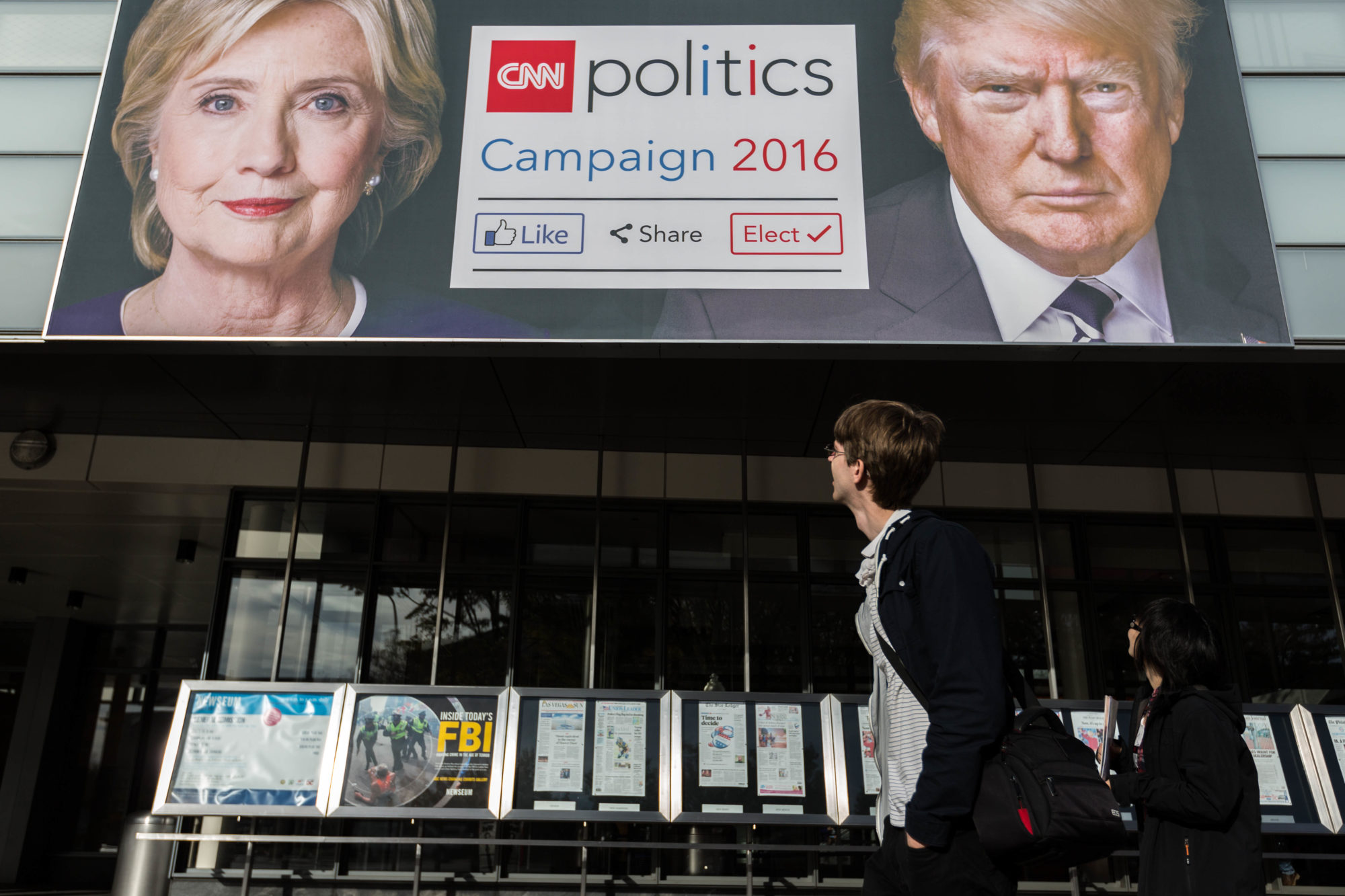
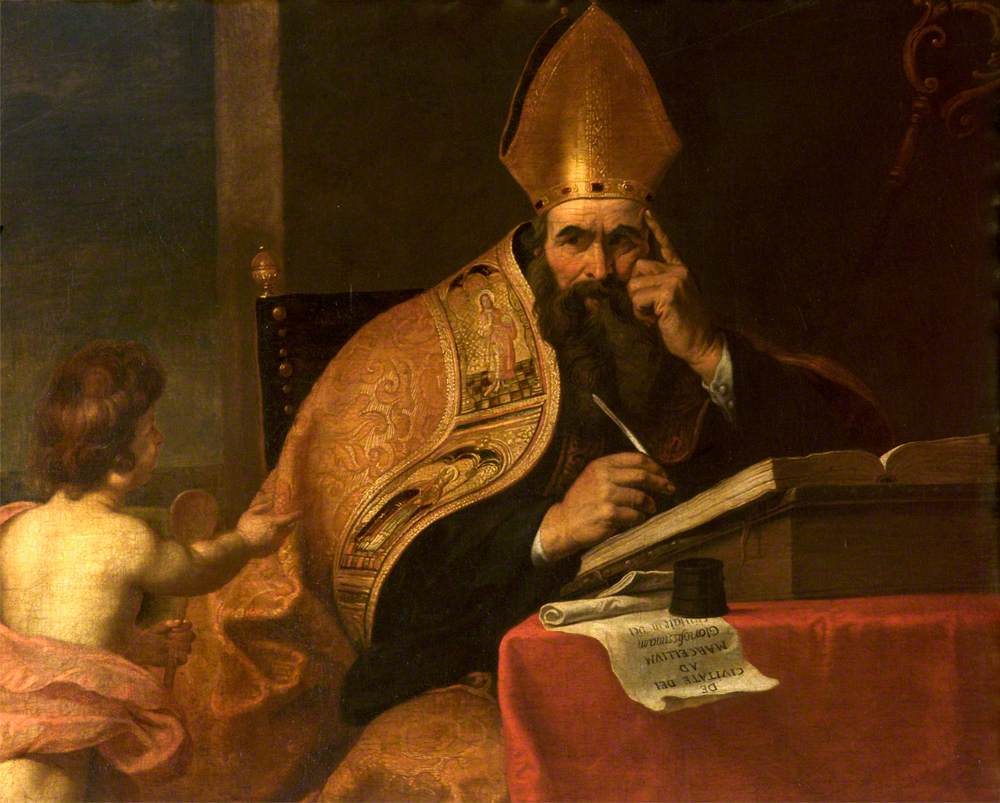

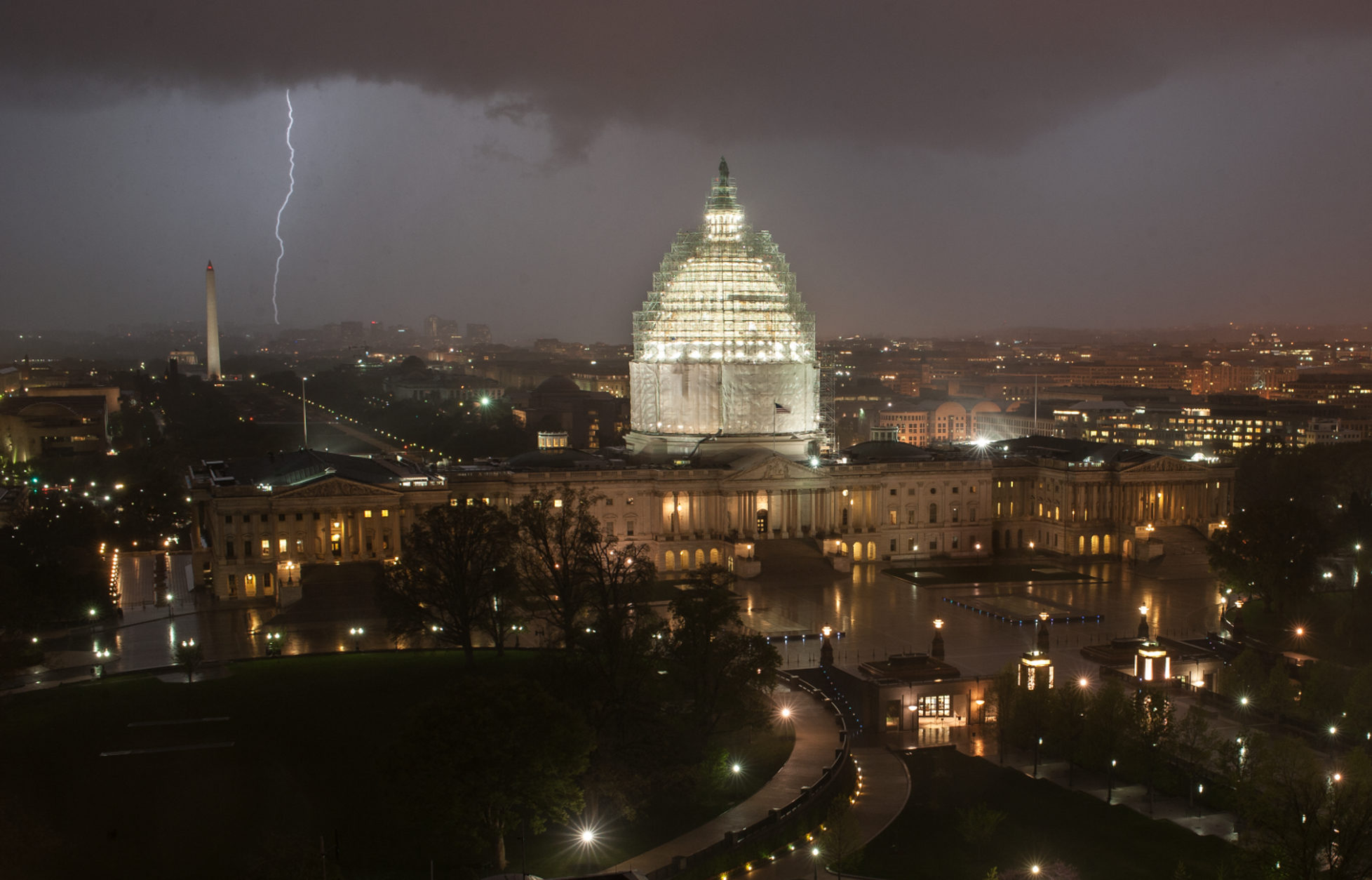
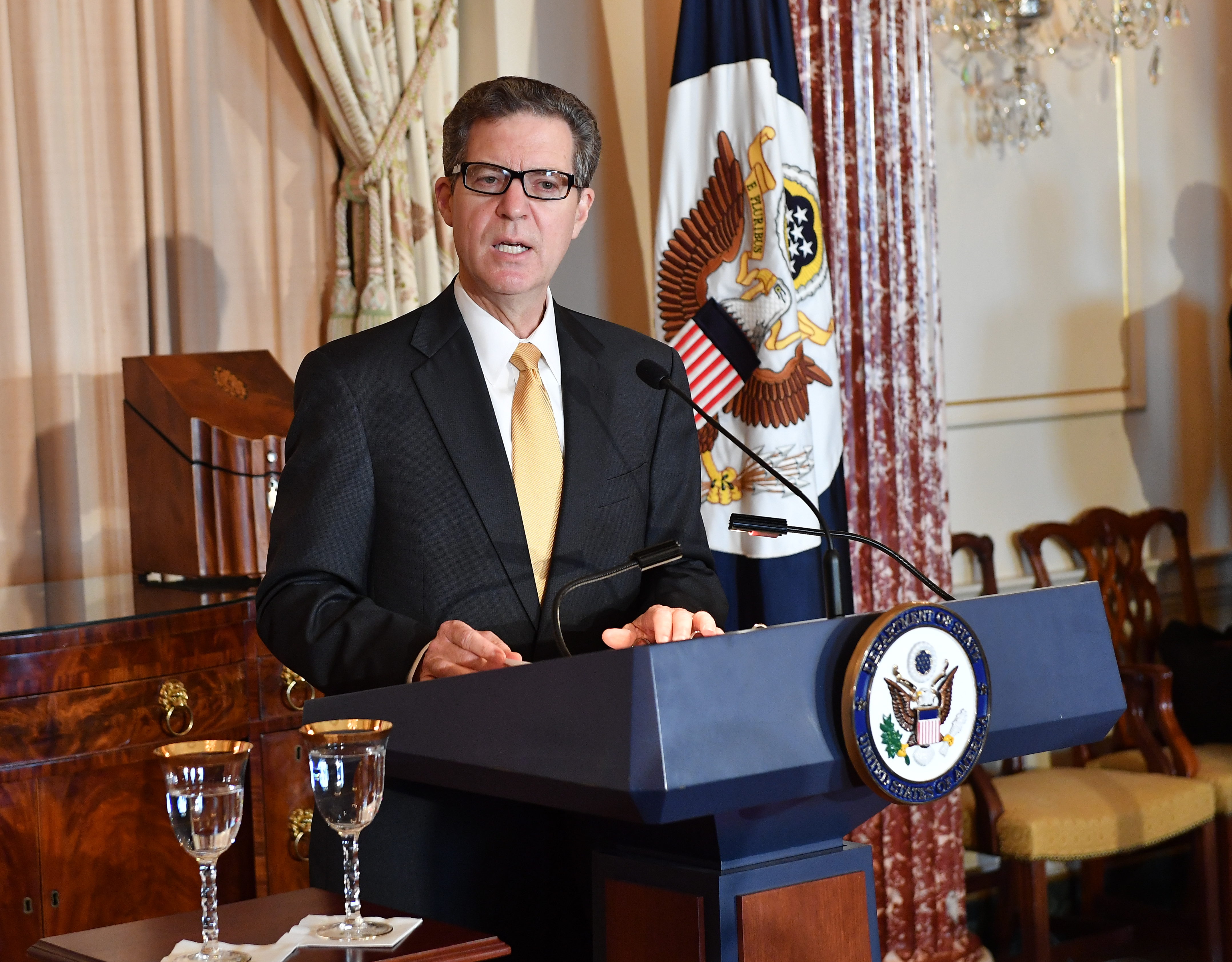

 Sponsor a student for Christianity & National Security 2024
Sponsor a student for Christianity & National Security 2024